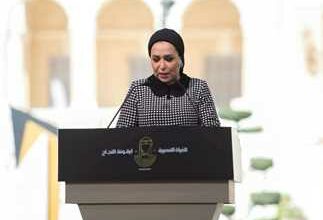Corruption, nepotism and the abuse of power were the major catalysts for the 25 January revolution that toppled the regime of former president Hosni Mubarak, a report released on Saturday by the Egyptian cabinet’s Information and Decision Support Center (IDSC) said.
Transparency International estimated funds illegally transferred abroad at US$6.4 billion annually during the period 2000-2008, it reports. These transfers were made, the report says, as officials used their positions to strike illegitimate deals for the personal interests and benefit of themselves and acquaintances.
During this time a great segment of Egyptian society was increasingly unable to met its basic needs and the number of citizens below the poverty line increased, the report said. It also pointed to a surge in unemployment among university graduates, and highlighted the prevalence of bribery at government agencies, where in fact bribes became citizens’ best means for getting formal procedures done.
Other reasons that fuelled the uprising, according to the report, include election-rigging in favor of the formerly-ruling National Democratic Party, mounting resentment towards the police for violating citizens’ rights, and the death of young Khaled Said, who was allegedly murdered by two policemen in June 2010.
The report also shed light on the economic losses caused by the revolution, which were concentrated in tourism, the stock market and in processing industries. This led to an increase in import costs and damaging the competitiveness of Egypt’s exports.
But the IDSC report also pointed to an increase in Suez Canal revenues during the fourth week of January, comparing to the first three weeks of the same month.
Translated from the Arabic Edition




